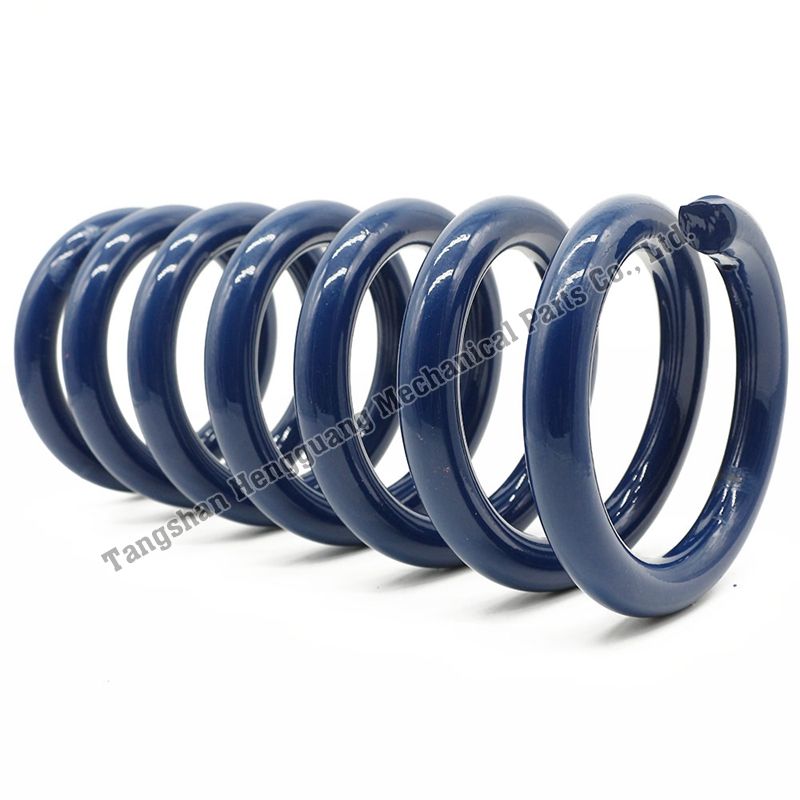The lifespan of coil springs in a vehicle can vary widely depending on several factors, including the quality of the springs, driving conditions, and maintenance. Generally, coil springs are durable components designed to withstand a considerable amount of use and wear. Here are some factors that can influence how long coil springs typically last:
1. Quality of the Springs: The quality of the coil springs themselves plays a significant role in their lifespan. High-quality springs made from durable materials are likely to last longer than cheaper, lower-quality alternatives.
2. Vehicle Make and Model: Different vehicles have different suspension designs and spring configurations. The design and engineering of the suspension system can impact how long the coil springs last. Some vehicles may have springs that are more prone to wear due to their design.
3. Driving Conditions: The driving conditions to which a vehicle is exposed can affect the lifespan of coil springs. Vehicles that regularly travel on rough, pothole-filled roads or off-road terrain may experience more wear and tear on their springs than those primarily driven on smooth highways.
4. Maintenance: Proper maintenance of the vehicle's suspension system can extend the life of coil springs. Regular inspections, alignment checks, and addressing issues promptly can help prevent premature wear.

5. Environmental Factors: Environmental factors such as exposure to moisture, road salt, and corrosive materials can contribute to spring corrosion and reduce their lifespan. Vehicles driven in areas with harsh winters or coastal environments may be more susceptible to corrosion.
6. Vehicle Age and Mileage: The age and mileage of the vehicle are important considerations. Over time, Auto coil springs can weaken and sag, affecting ride quality and handling. Higher mileage vehicles are more likely to experience wear and may require spring replacement.
Given these variables, it's challenging to provide an exact number of years or a specific mileage at which coil springs typically need replacement. However, as a general guideline, many vehicles may not require coil spring replacement during the first 100,000 miles (160,000 kilometers) or more, assuming they are well-maintained and not subjected to exceptionally harsh conditions.
It's important to note that coil spring wear is often gradual, and the signs of deterioration may not be immediately obvious. Regular vehicle inspections, including suspension checks, can help identify issues with coil springs before they lead to significant problems with ride comfort, handling, or safety.
If you suspect issues with your coil springs, such as unusual noises, handling problems, or visible signs of wear, it's advisable to have your vehicle inspected by a qualified mechanic or suspension specialist. They can assess the condition of your Car Suspension coil springs and recommend replacement if necessary to ensure your vehicle's safety and performance.


Comments
Please Join Us to post.
0